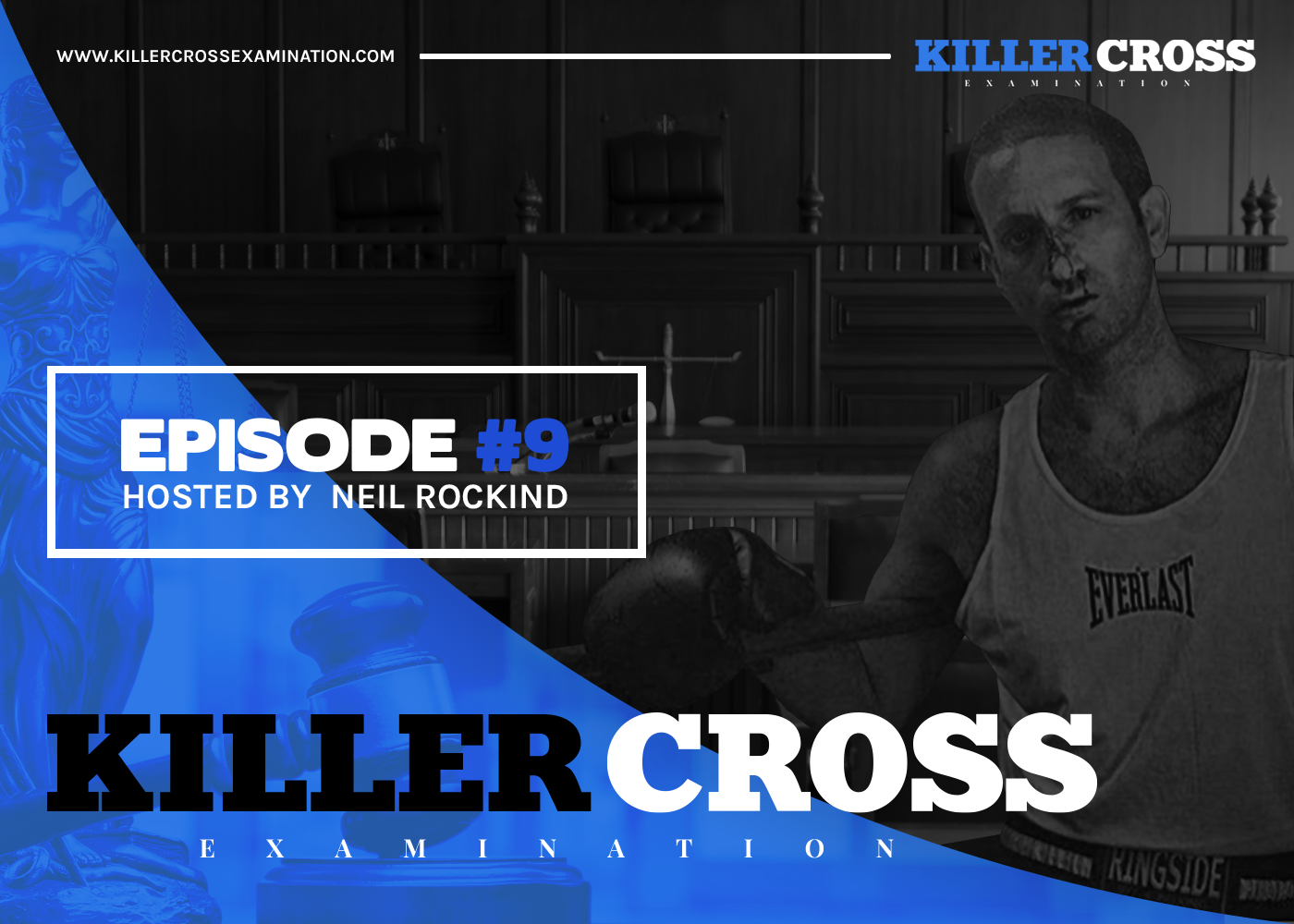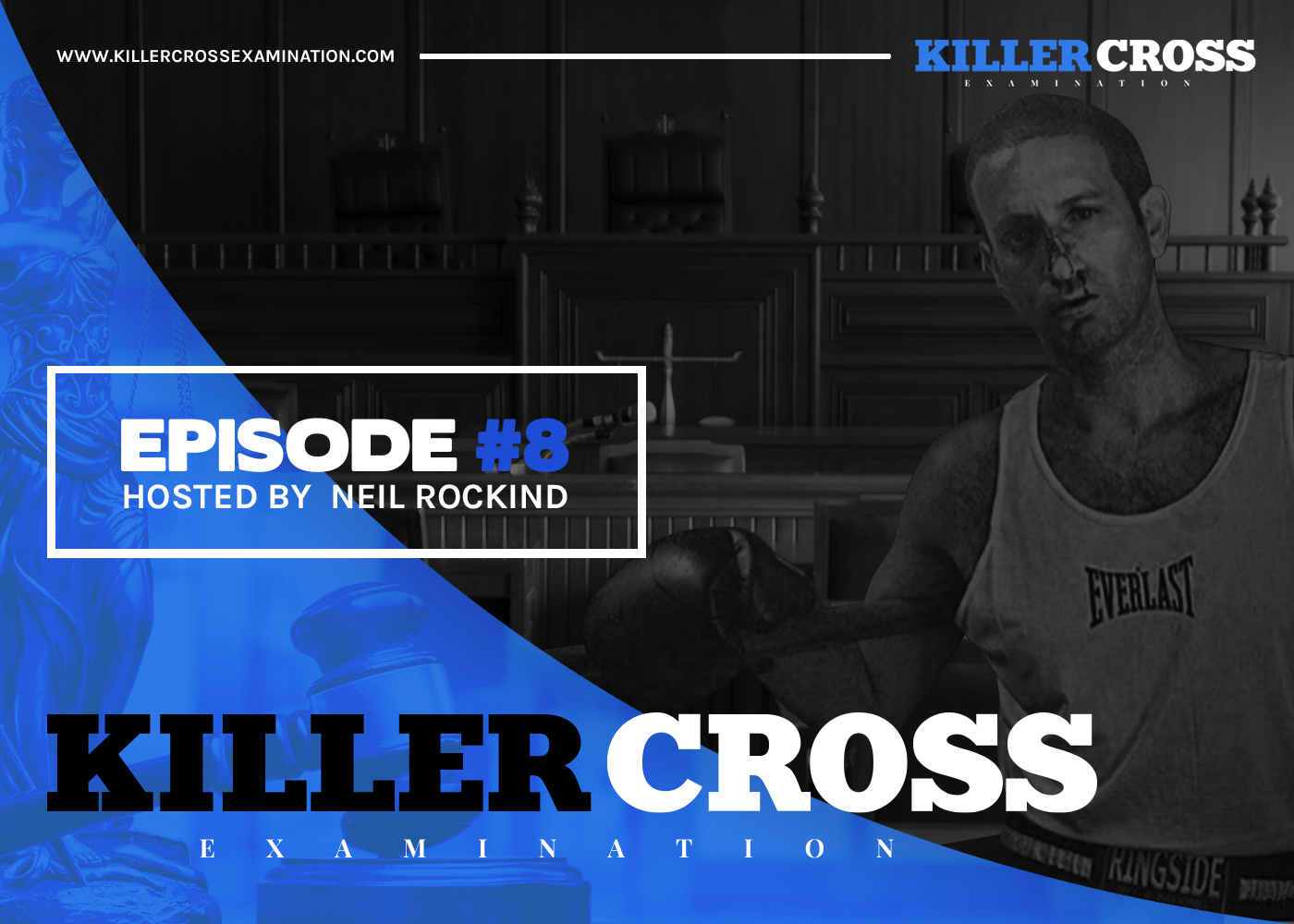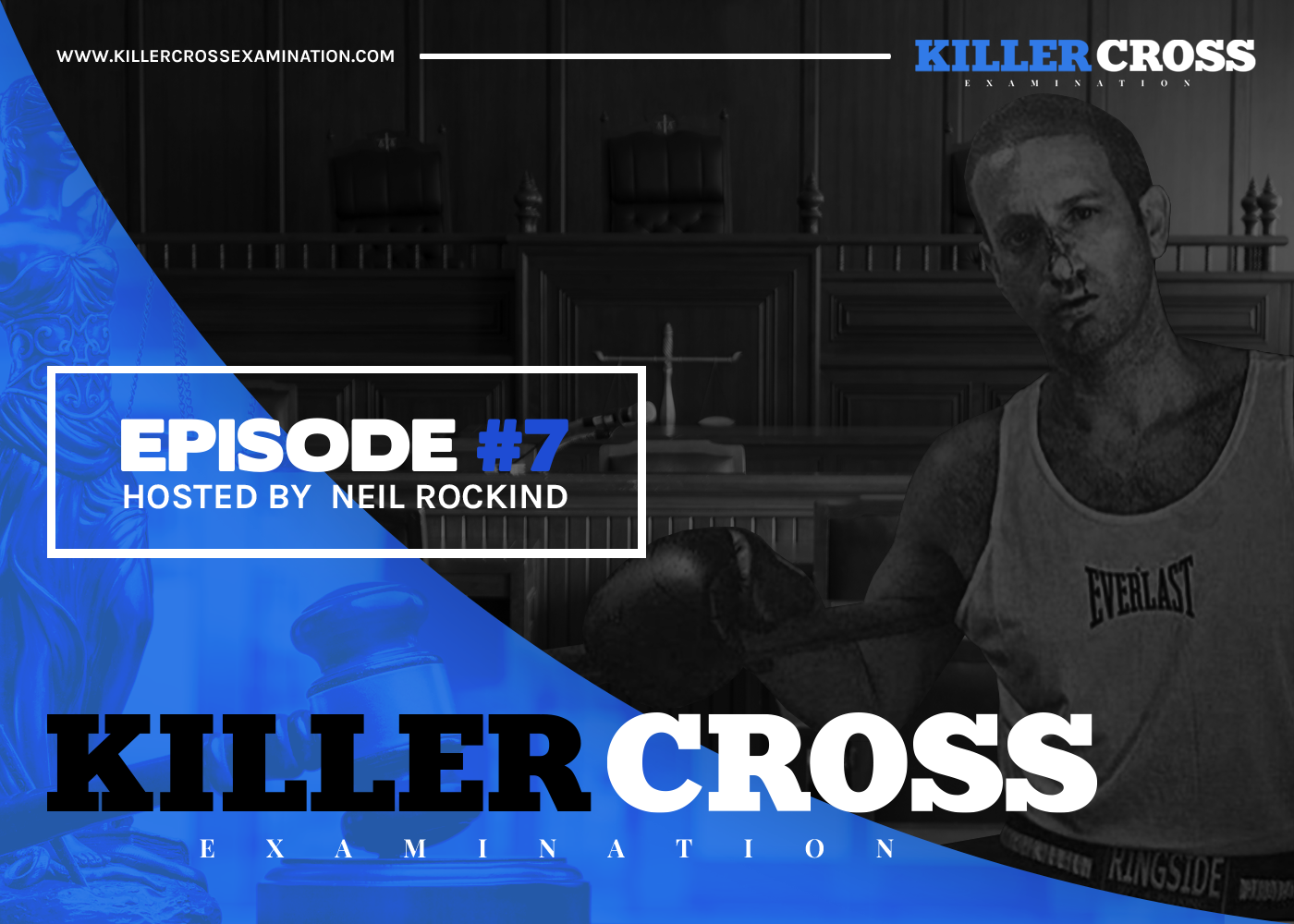Watch And Listen To The Witness Rather Than Taking Notes
There’s a court reporter either sitting somewhere in the courtroom or someone ready to turn the recording into a verbatim record. So, stop looking down at your notepad trying to take down word for word what the witness says in direct examination. Instead, just as you’d tell your child or teen to pick their head up from their phone, pick your head up and look at what’s happening in front of you. Much of communication is non-verbal. Movements, positioning, facial expressions, arm and body placement and style of answering, eg, direct or narrative and rambling, can only be learned by watching a witness. So, watch. This not only applies to witnesses but in life … watch how others communicate rather than trying to remember what he/said, watch how they’re saying it.
I once was prepared to examine a witness in a trial whose demeanor told me everything. He was hostile, angry and vengeful about my client not having promoted him years ago. I could only tell how hostile by watching his demeanor. His tone and posture revealed that he was trying to spike the balk and my client’s future with every answer. That was only learned by watching him. Had I shoved my head in my notepad, I’d have missed it. It proved to be an easy cross examination because the jury, once I shared with him/them, his motivation and bias, he manner of speech and communicating made sense. They discredited what he had to say.
Episode 9 is devoted to this tip on cross examination. You’re not a note taker. Listen. Watch. You’ll learn a lot more than you will from having “good notes.”
Please be aware we are relying on impressions, recollections, memories and interpretations.













